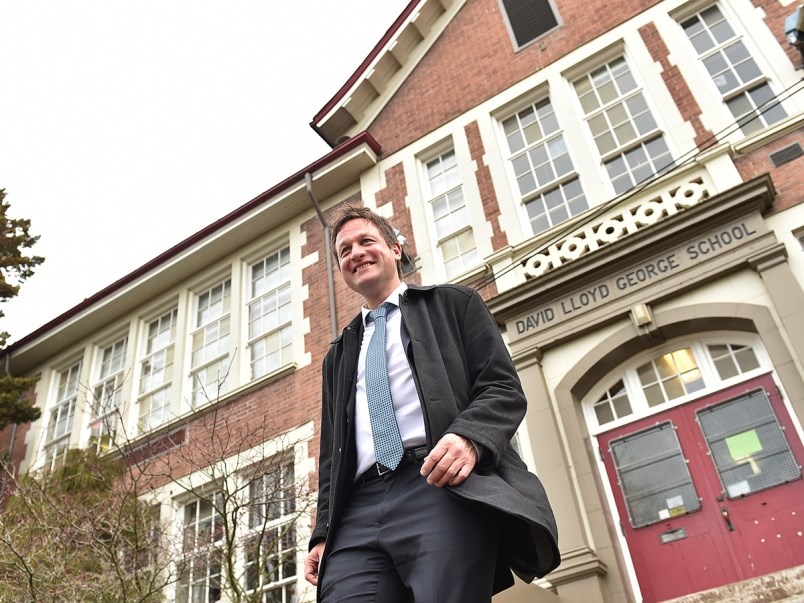A controversial proposal to pay teachers out for extra prep time or support hours lost during this school year has quietly died.
Good thing, because advocates for children with special needs were appalled by the idea.
“I think it’s unconscionable,” said Faith Bodnar, executive director of Inclusion BC. “I think there are other things they can do to make a remedy for students, which is what we should be talking about here.”
In November 2016, teachers won a Supreme Court battle that reinstated class size limits and limits on the numbers of children with special needs who can be in the same class. When those new rules cannot be followed, teachers and the province agreed that a so-called “remedy” would apply.
Remedy can take the form of extra prep time for teachers, an extra adult in the classroom, or other arrangements as agreed to by both the teacher and management.
This year, because of a shortage of teachers across the province, some teachers have accumulated many, many hours of extra prep time. With no extra teachers in the system, no one was able to cover the extra class time.
Because there are not enough substitute teachers, regular teachers who work with special needs students have often had to cover classrooms for teachers who are off sick. That means children with special needs have lost services and, in some cases, have been told to go home.
So, somehow, the idea arose to pay teachers out the money in lieu of the prep time owed.
“I was really shocked that they would commodify children… that way — that they would think that’s an acceptable solution,” Bodnar said. “I think it’s terrible.”
B.C. Teachers’ Federation president Glen Hansman shared a memo to districts from the province’s deputy minister of education. It says any unspent money designated to implement the new classroom rules will be clawed back, but the requirement to give the teachers remedy will remain.
“So, they’ve back off cash-for-kids. And they’re no longer saying that remedy owed to an individual teacher disappears at the end of June. But now the question will be who pays for it,” Hansman said in an email. “So, remedy still owed to individual teachers for this year will have to be paid by the district some other way.”
When asked what the Vancouver School Board intends to do about this, the district confirmed in an email they have been told the Ministry of Education will take back any unspent remedy as of June 30 and said the issue has been referred to a provincial level arbitration for resolution.
When asked if the province supports paying out remedy owed to teachers, B.C.’s Education Minister Rob Fleming said no. He said the province wants to hire teachers and to have learning resources in the classroom.
“Districts manage that. They are the employer and we have 60 of them,” Fleming said in an interview.”
Bodnar urged the province to take a strong position on this.
“I think there needs to be some strong signals from our Ministry of Education that we’re working really hard… to address the teacher shortage,” Bodnar said.
Meanwhile, Hansman has written a letter to Fleming saying that teachers continue to see full-time positions remain unfilled, teacher on call shortages in many districts and remedy not being provided in a timely manner.
“These have been problems in both rural and urban areas of the province and are not confined to one region of the province,” Hansman wrote.
Fleming remains hopeful the shortage will abate as new teachers graduate and others move to B.C.
“The difference between other provinces and B.C. is that a young teacher can start a full-time teaching career immediately here, whereas they can expect to be a substitute teacher for years and years in other provinces, struggling to pay their loans,” Fleming said. “That is a major attractor, not to mention the overall beauty and lifestyle of this province.”
Fleming said other ideas to attract teachers — particularly salary related ideas — will be addressed in contract negotiations.
“The contract expires in a year and it could be ratified sooner,” Fleming said.
Fleming’s comments indicate some optimism that upcoming negotiations could go smoothly and even possibly be settled ahead of time. But with CUPE K-12’s president’s council rejecting a tentative contract last week and plenty of issues still to be resolved for teachers, his optimism may be misplaced.
Tracy Sherlock writes about education and social issues. Reach her at [email protected].



